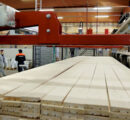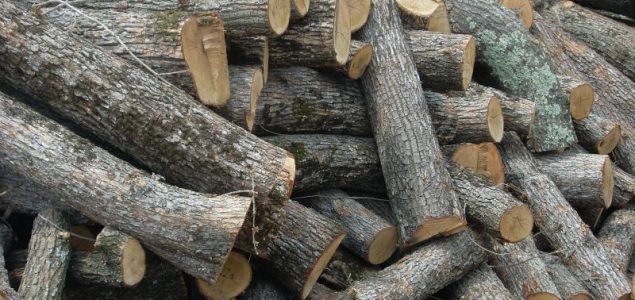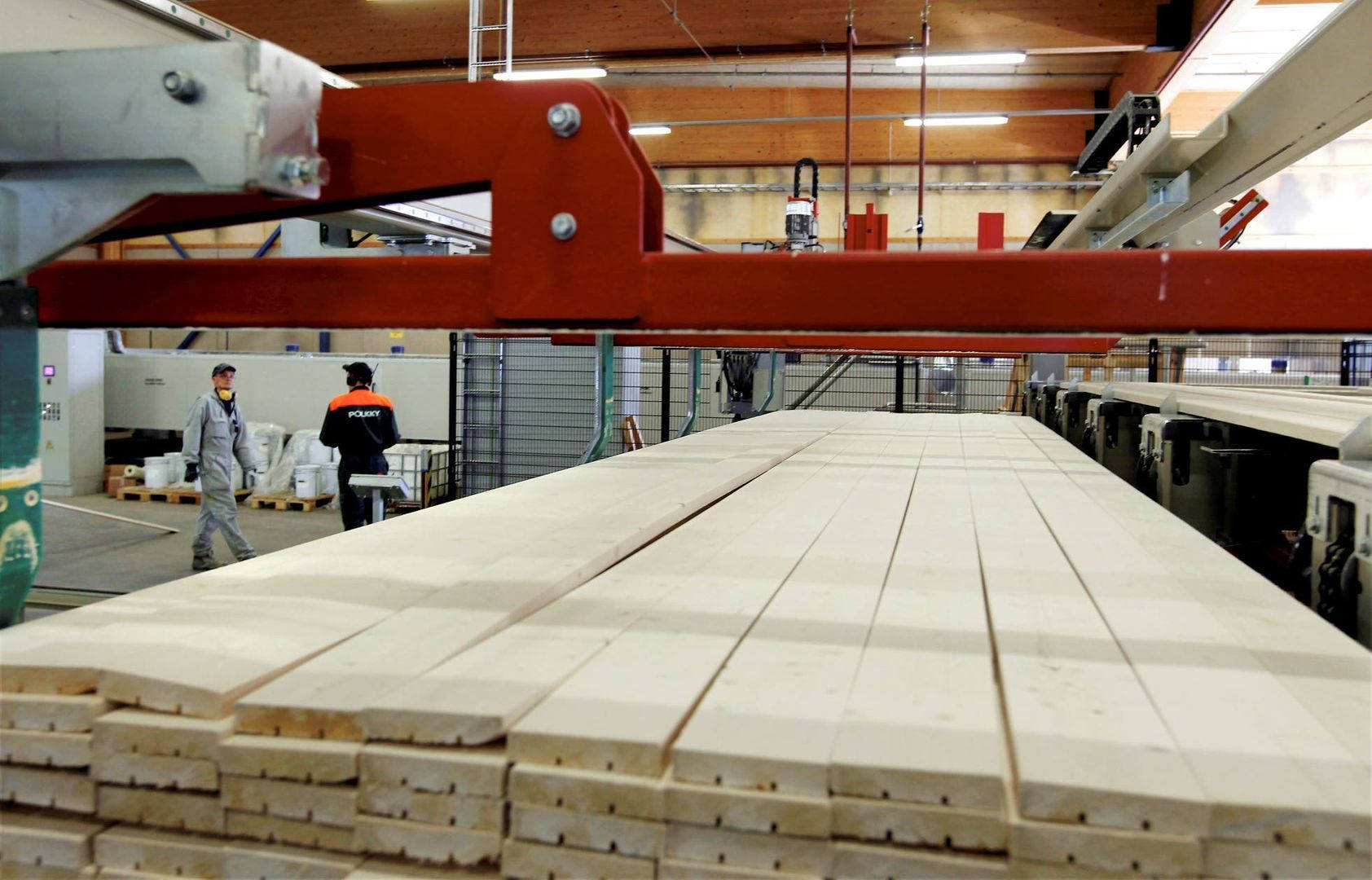At the General Assembly of the European Timber Trade Federation (ETTF) in Amsterdam, the current market situation and prospects for the remainder of the year were discussed. Business in the member countries went very well in the first quarter and, to some extent, also in the second quarter. This applies in particular to the construction industry as a customer, structural timber, solid timber and planed goods. The DIY market, on the other hand, was described as declining. This was particularly reported by the members from Spain and France. The ETTF reports that this also applies to all other changes. Overall, retail warehouses are well stocked and will be sold off over the course of the year. The question of whether the warehouses should be filled at the same level was also discussed.
Consequences of the sanctions
The EU’s fifth package of sanctions, which bans the import of wood and wood products from Russia and Belarus, has significant consequences for Europe-wide wood imports. The procurement of replacement birch plywood or larch is currently estimated to be very difficult after the stock goods have been sold by 2023 at the latest. The question remains open as to whether, for example, the Chinese are making more use of the Russian market and therefore exports from the domestic market to East Asia are falling.
Slowing business momentum
For the second half of the year, the European timber trade expects a significant slowdown in business momentum. The order books of the most important customer groups are still full, but it is doubtful whether there will be new orders on the same scale afterwards, according to the ETTF. Due to the difficult economic situation, inflation, rising mortgage interest rates and difficult price estimates, greater restraint is expected. The logistics situation is still tense in large parts of Europe. There are reports from Western Europe of a considerable shortage of workers in all areas, which the associations believe may worsen in the coming years.
More bureaucracy for timber imports
In summary, the ETTF President, Ad Wesselink, Kampen (NL), pointed out that the sometimes considerable increases in sales were essentially price-related and had caused considerable organizational and operational effort for the trading and importing companies. The ETTF General Assembly continued to deal intensively with the various regulatory measures planned by the EU Commission, first and foremost with the upcoming regulation for the import of products from exclusively deforestation-free origins. According to the current state of affairs, the new draft means more bureaucracy for timber imports. ETTF has been intensively involved in the discussion at various points over the past few months. The draft of the regulation has now reached the member states of the EU and is being discussed there. For the first time in two and a half years, the ETTF General Assembly was able to take place again in person.
The post European timber trade industry expects a significant slowdown in business momentum in H2/2022 appeared first on Global Wood Markets Info.





